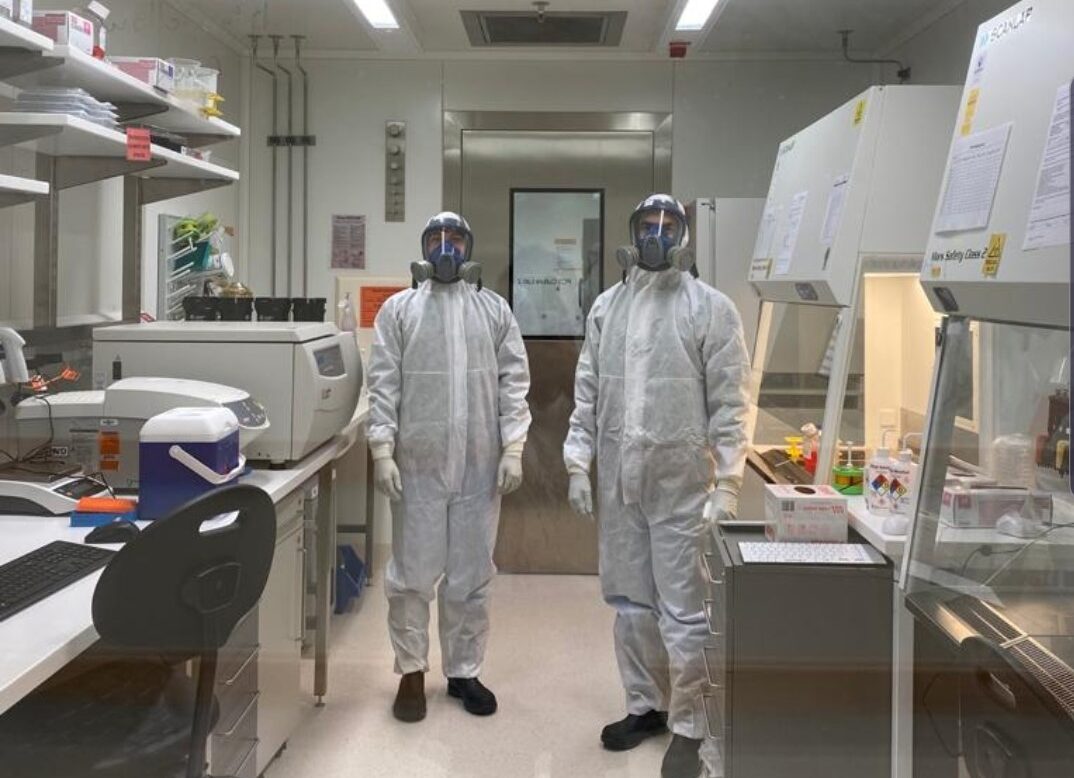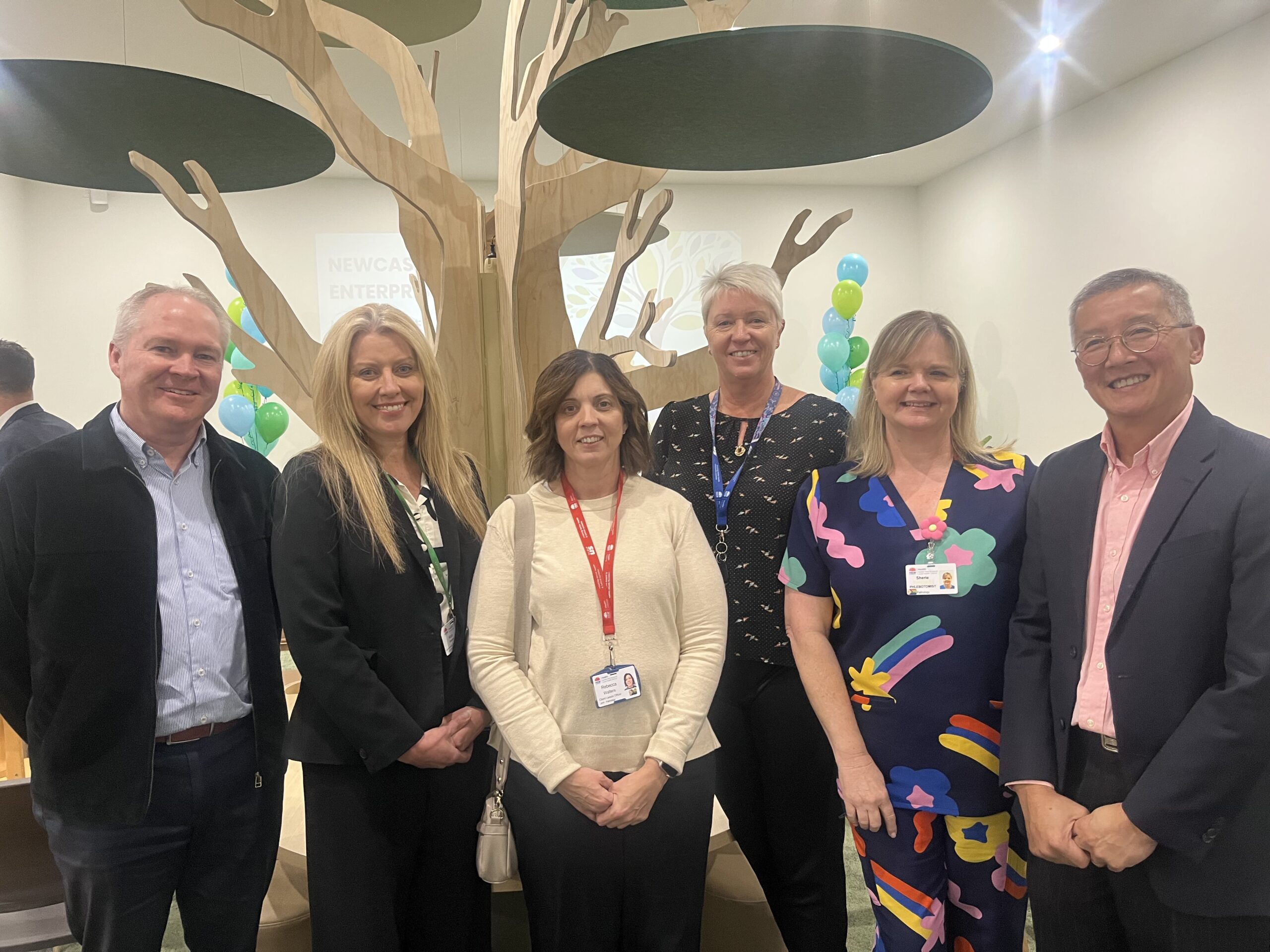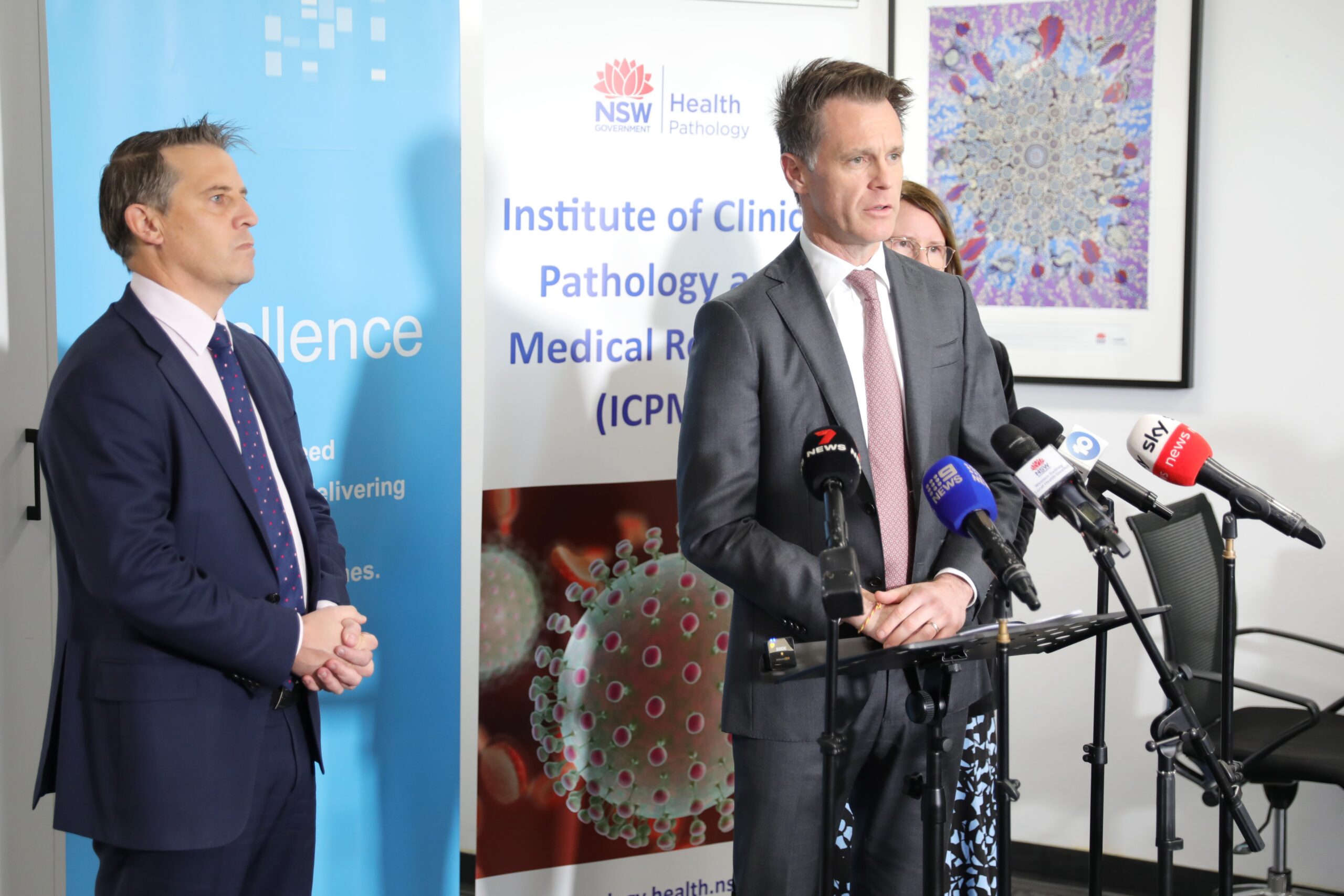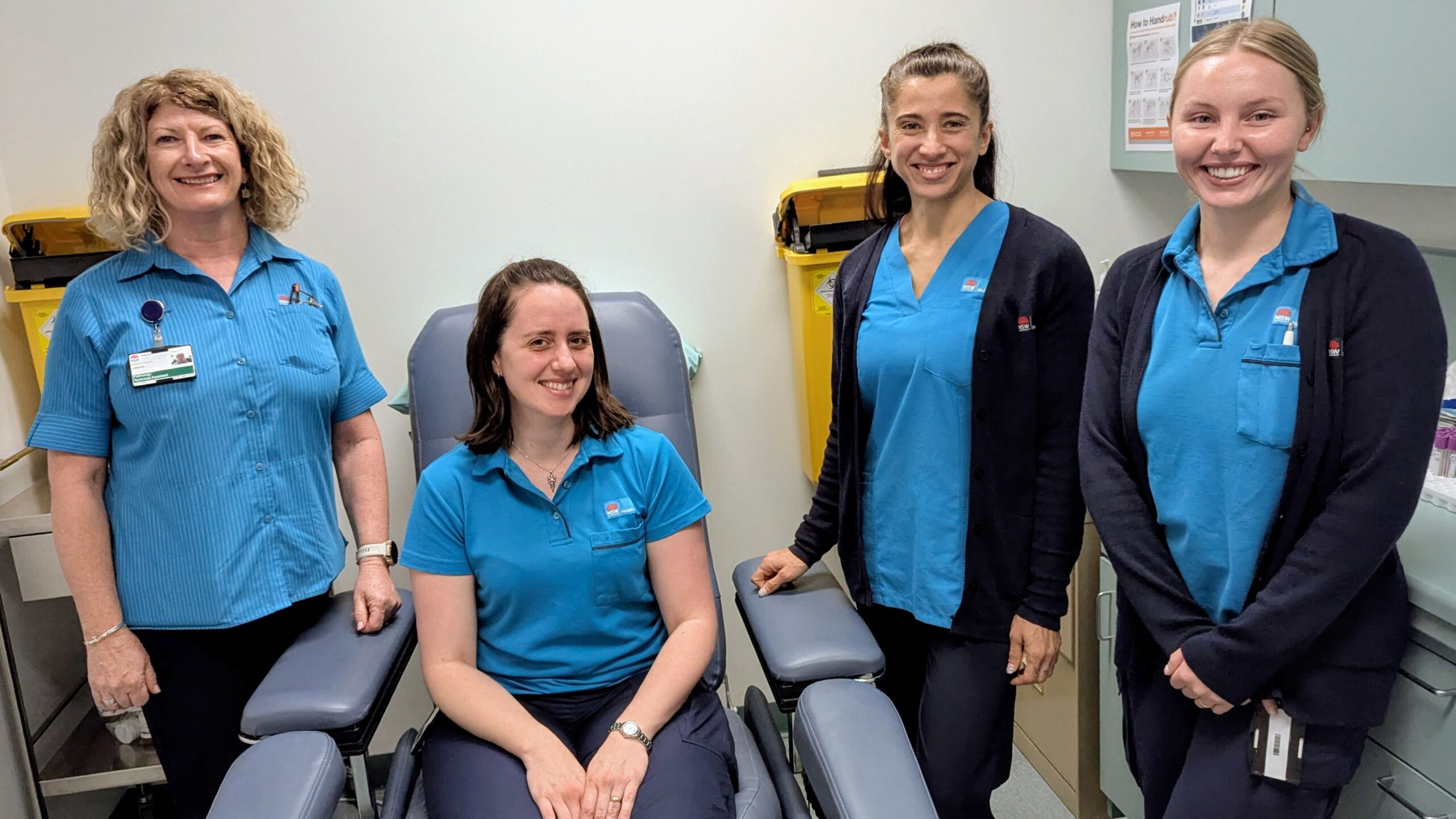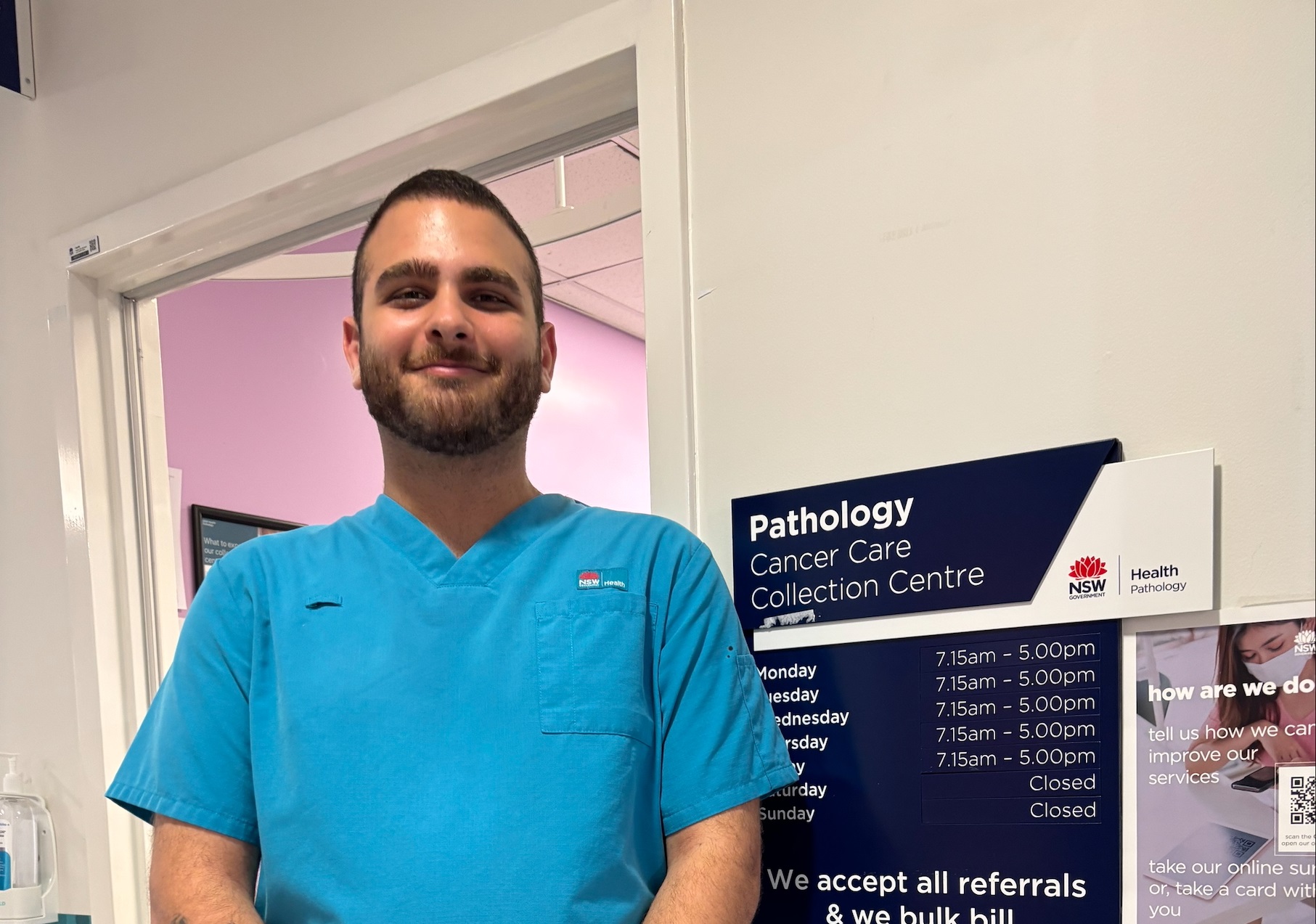Media Contact
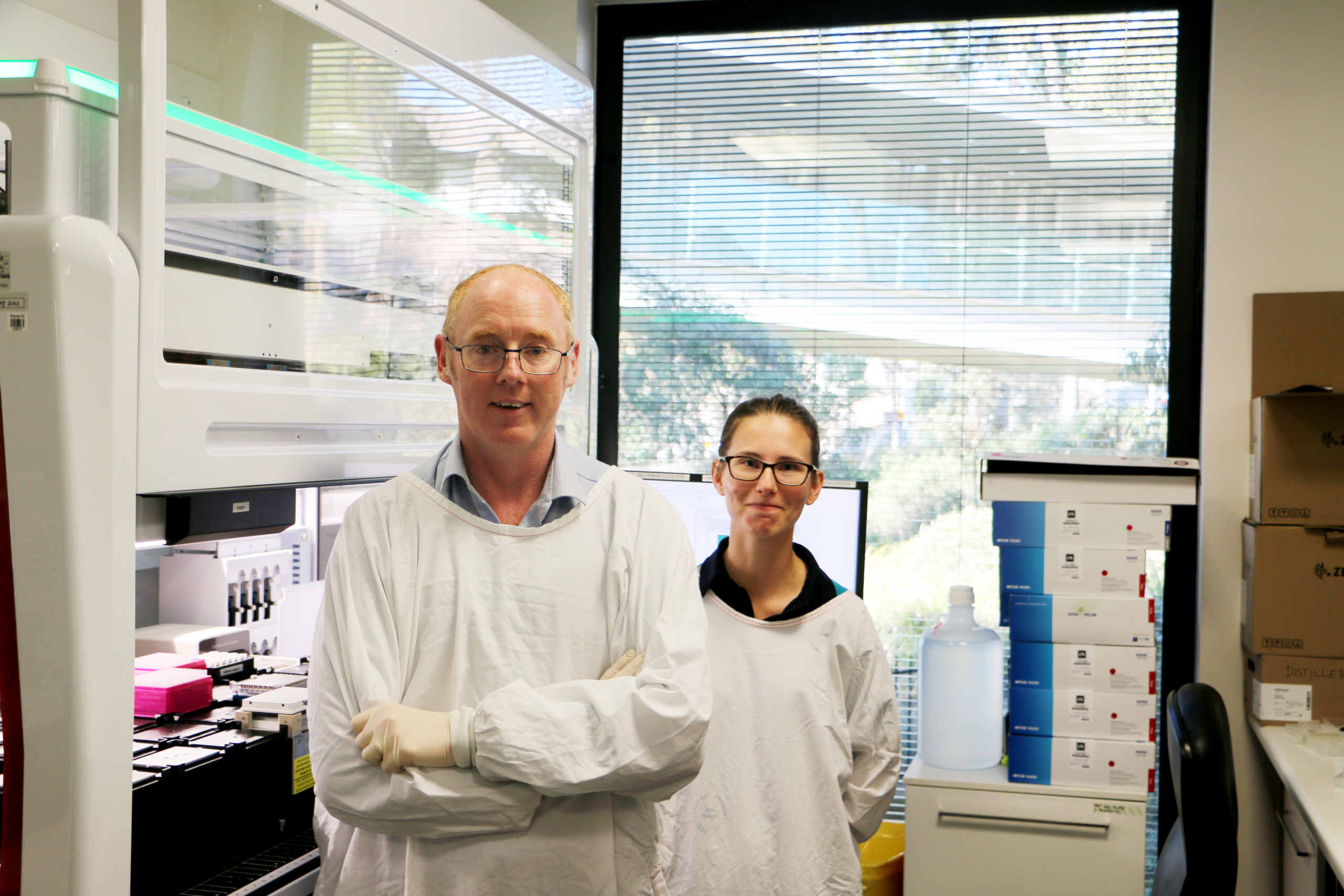
A new study is underway aimed at getting thousands of Australian cancer patients onto potentially life-saving clinical trials and providing precision oncology treatments, with NSW Health Pathology’s Statewide Genomics Sequencing Service playing a key role.
The PrOSPeCT (Precision Oncology Screening Platform Enabling Clinical Trials) project, Australia’s largest cancer genomics initiative, is aiming to revolutionise cancer treatment and provide new hope for cancer patients.
Launched in July 2023, PrOSPeCT links Australia’s top cancer research institutes with industry partners and government organisations, opening up new treatment paths for 23,000 Australians with rare, or difficult-to-treat cancers, including ovarian and pancreatic cancer, sarcomas and cancer metastasis.
It will provide free access to NSW Health Pathology’s world-class genomic profiling, clinical assessment of results by an expert clinical team and matching to the best advanced precision (‘personalised’) treatments available locally, including early-stage clinical trials.
NSW Health Pathology is providing a range of services for PrOSPeCT including:
- blood collection
- supply of diagnostic tissue
- central tissue sectioning at Prince of Wales Hospital Randwick anatomical pathology laboratory
- genomic sequencing/comprehensive genomic profiling services at our Genomics State-wide Sequencing Service and Molecular Medicine Department in Newcastle
- storage of blood samples at the NSW Health Statewide Biobank (NSWHSB), and
- logistics, ICT infrastructure, bioinformatic, operational and research support.
NSW Health Pathology expects to receive more than 3,500 sample requests over the course of the program.
Senior Hospital Scientist for NSWHP’s Statewide Genomics Sequencing Service Michael Hipwell says it’s an exciting opportunity for his team, which will be expanding to provide this service.
“We are currently recruiting, and the positions will require high level analytical skills, as each patient will have thousands of genetic variants detected and we need to report on the few that are relevant to the case,” he says.
Mr Hipwell says the program is a glimpse into the future of cancer treatment options.
“This type of comprehensive genomic tumour profiling is probably going to be the way cancer treatments are planned in the future, particularly as oncologists become familiar with the additional information provided by these reports, giving them a complete picture of what’s happening genetically in the tumour.”
His team has been working for the past 12 months developing the new diagnostic assay, required for the research project.
“The assay we’re using for the comprehensive tumour profiling interrogates more than 500 genes in the tumour’s DNA to identify variations or mutations in these genes that could be responsible for the patient’s cancer,” Mr Hipwell explains.
“We’re also looking at the RNA of the tumour for a subset of the 500+ genes to identify any fusion events or gene amplifications that could cause the cancer.”
“We generate a report which is then sent to the study coordinators to investigate if there are any relevant clinical trials in which the patient can be enrolled. That information is then passed onto their treating oncologist.”
NSWHP’s Acting Chief Executive Prof Rob Lindeman said the PrOSPeCT project will allow the organisation to build on its already comprehensive genomic profiling capability.
“Providing services for PrOSPeCT will build vital capacity, establish our organisation as a leader in the provision of services for diagnostic and cancer research and ultimately benefit the people of NSW,” he said.
“Genomics diagnostic services and genomics research represent areas of strategic significance for NSW Health Pathology.”
The landmark national program is led by Omico, a government-backed, not-for-profit national network of Australia’s leading cancer research institutions and hospitals.
The $185 million PrOSPeCT project is jointly funded by the Federal and NSW governments, as well as private enterprise.




